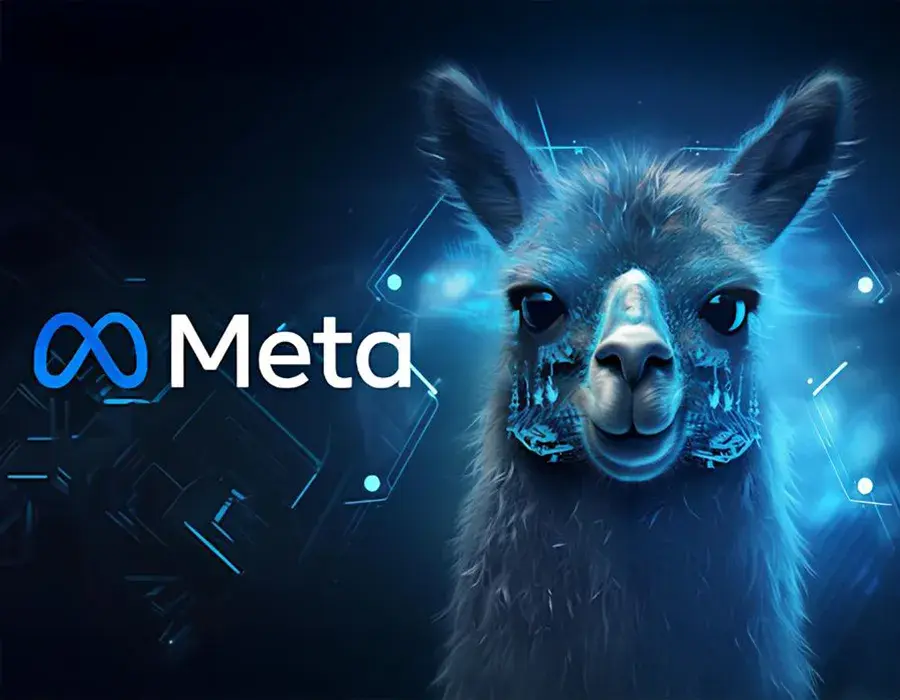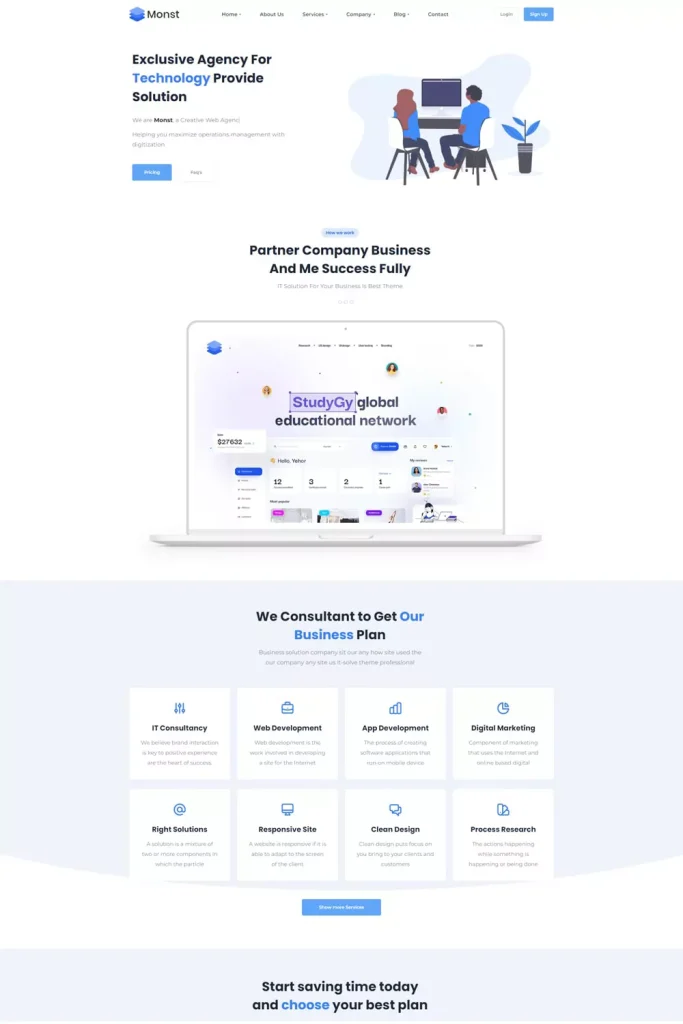AI Arms Race Volume: 7

Author: Brod Justice, Ryan McClure
Published Date: September 24, 2025

Weekly AI Signals — Curated by Builders, for Builders
Every week, we round up the most relevant developments in AI and the business strategies shaping it. Authored by Brod Justice and Ryan McClure, these summaries are aimed at keeping our fellow navigators abreast of important news amidst the firehose of hype.
Volume 7
Key Themes This Week:
- Enterprise Valuation Explosion: AI consultancies commanding billion-dollar valuations for practical implementation
- Regulatory Retreat: EU considering year-long pause on AI rules under intense industry pressure
- Government AI Adoption: US federal agencies embracing open-source models for cost efficiency
- Copyright Escalation: Music industry launching “largest IP theft” claims against AI giants
- Technical Breakthroughs: Google DeepMind achieving competitive programming milestones
- ROI Reality Check: Analysis questioning whether foundation model companies can deliver returns
- RAG Innovation: New research dramatically improving retrieval-augmented generation efficiency
- Infrastructure Spending: Enterprise AI budgets accelerating across all sectors
1. Distyl AI’s $1.8B Valuation Signals Enterprise AI Gold Rush
Enterprise AI consultancy Distyl AI raised $175 million at a $1.8 billion valuation, representing a 9x increase from its $200 million valuation just 10 months ago. The San Francisco startup, founded by ex-Palantir executives, helps Fortune 500 companies become “AI-native” across multiple industries. With 5x revenue growth in 2024 and projections for 8x growth in 2025, Distyl exemplifies the massive valuations being commanded by companies focused on practical AI implementation rather than model development.
Source: Crunchbase News, September 22, 2025
2. EU Prepares to Pause AI Rules Under Industry Pressure
The European Union is considering pausing enforcement of its landmark AI Act for up to a year, marking a dramatic retreat from its position as a global AI regulation leader. The potential delay affects high-risk AI systems scheduled for regulation in August 2025, including HR, education, and judicial applications. Former Italian PM Mario Draghi called the law a “source of uncertainty,” while Poland, Sweden, and the Czech Republic support delays. This regulatory backpedaling highlights the EU’s fear of falling behind the US and China in AI development.
Source: Politico Europe, September 23, 2025
3. Trump Administration Embraces Open-Source AI for Government
The US government approved federal agencies to use Meta’s Llama AI system, marking a significant endorsement of open-source AI models for sensitive government operations. The decision, part of President Trump’s AI Action Plan, allows agencies to process multimedia data using Llama’s capabilities. The General Services Administration emphasized cost reduction and efficiency gains, with Meta offering substantial discounts alongside Microsoft, Google, and OpenAI. This signals growing institutional confidence in open-source AI models for government use.
Source: The Hill, September 22, 2025
4. Music Industry Accuses AI Giants of “Largest IP Theft” in History
Major record labels have escalated their legal battle against AI companies, accusing Meta, OpenAI, Google, and Microsoft of orchestrating the “largest intellectual property theft” in music history. The allegations center on claims that these companies scraped millions of copyrighted songs, including works by The Beatles and Beyoncé, to train their AI systems without permission. Separately, AI music generator Suno faces new claims for allegedly pirating songs from YouTube. These cases could establish costly precedents for companies using copyrighted content without authorization.
Source: Technology Magazine, September 22, 2025
5. Enterprise AI Spending Accelerates as 90% of Executives Expect Budget Increases
More than 90% of executives expect AI adoption to increase technology budgets in the coming year, with software spending as a major driver, according to new research from West Monroe. The consulting firm found that AI is rippling through IT budgets, driving up costs across infrastructure, data management, and applications. This surge in enterprise AI investment reflects the technology’s transition from experimental to operational, with companies now committing significant resources to AI implementation. The spending acceleration underscores the business imperative to integrate AI capabilities, even as organizations grapple with unclear ROI metrics.
Source: CIO Dive, September 22, 2025
6. Google DeepMind Claims “Historic” Breakthrough in Competitive Programming
Google DeepMind’s Gemini 2.5 AI model became the first AI to win a gold medal at the International Collegiate Programming Contest, solving complex real-world problems that stumped human programmers from top universities. The model ranked second out of 139 of the world’s strongest college-level programmers, completing a challenging liquid distribution optimization problem in under 30 minutes. Google compared the achievement to Deep Blue beating Kasparov at chess, though critics question the “epochal significance” claims. The breakthrough demonstrates AI’s advancing capabilities in abstract reasoning and problem-solving beyond game environments.
Source: The Guardian, September 17, 2025
7. Analysis Questions Whether OpenAI Can Ever Generate ROI for Investors
A new analysis suggests OpenAI may never deliver returns to later-stage investors despite its massive valuation, with projected cash burn reaching $115 billion by 2029 against $20 billion in projected annual recurring revenue for 2025. The piece argues that foundational AI models are entering a commoditization phase, with companies competing primarily on price while operational costs remain sky-high. The real winners are infrastructure providers like Nvidia, Google, and Microsoft, with OpenAI committing $300 billion to Oracle for computing power over five years. The analysis suggests specialized AI applications will capture more profits than general-purpose models.
Source: Crunchbase News, September 23, 2025
8. Nvidia and OpenAI Sign $100 Billion Infrastructure Partnership
Nvidia and OpenAI have signed a massive $100 billion deal that will see OpenAI deploy at least 10 gigawatts of AI data centers equipped with millions of Nvidia GPUs. The partnership begins with a $10 billion investment, with the first data center expected in the second half of 2026 using Nvidia’s Vera Rubin platform. The deal helps OpenAI secure critical computing power for its superintelligence ambitions while positioning Nvidia to benefit from OpenAI’s transition to a for-profit entity. Experts suggest the partnership could lock in Nvidia’s chip dominance and make it harder for competitors like AMD to challenge their market position.
Source: Economic Times, September 23, 2025
What changed our thinking this week?
We had felt that the safe play was waiting – waiting for regulations, for stable APIs, for clear precedent, before going to market. But every one of these stories proves the opposite: the real leverage comes from moving first and being a pioneer. First mover advantage in the AI era is amplified because of the nature of this technology innovation: you can use your own tools to pull further and further ahead. Similar to how NVIDIA has been operating for the last decade. If you eat what you cook, stick to your values and bathe in business client feedback you should be able to lead with regulatory governance rather than follow.
The biggest winners aren’t the ones inventing the models. They’re the ones building infrastructure, enabling implementation, and embedding AI directly into business workflows.
That’s the lane we’ve chosen with ChatBar AI: not general-purpose hype, but high-leverage implementation. A safe, sovereign, and ultra-fast way to turn your existing website into a high-performance AI interface using nothing but what you already own. Not next quarter, when the next budget comes out, not after the AI Steering committee evaluates the next wave of models and that never-ending horse race – today. The ROI is clear across every industry vertical we have touched and we are not going to be shy about that anymore.
In a world where the EU is stalling, the US is decentralizing AI oversight, and enterprises are doubling budgets despite uncertain ROI, here’s what we believe now:
- Speed beats certainty. First mover advantage for AI will decide industry pole positions for the next decade.
- Legal clarity is a privilege, not a prerequisite. We’ve decided to align with Singapore’s MAIG framework because – it’s Singapore, they put a lot of thought into this and it’s logical – and doable.
- Proactive self governance in the face of uncertain regulation sends a positive signal, but also allows greater agility and more confident growth. Our business clients really appreciate this and so will yours.
If you’re still waiting for the legal frameworks or the LLM horse race to settle before deploying AI at your business, consider this your nudge: AI-native doesn’t mean model-native – it means execution-native.
ChatBar AI Website Assistant
New to AI? Take Our Free Course.
ChatBar AI Learning is the fast, practical way for business owners and teams to get up to speed on real-world AI.
Want More Like This? Just Ask.
Tap below and ask ChatBar to recommend more high-signal AI content and use cases—no fluff, no noise.
Ask ChatBar to show similar content
Ready to Try ChatBar AI on Your Site?
Apply now to join our early access program and see how ChatBar can supercharge your site’s content, discovery, and engagement.















